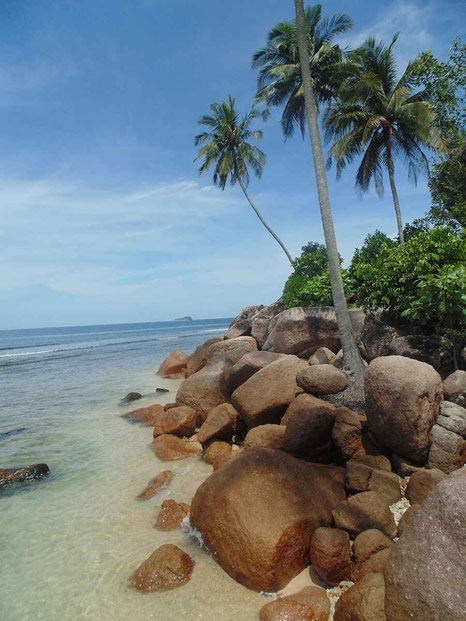Investing in real estate in Indonesia, especially in popular areas like Bali, is a dream for many foreigners. With an abundance of beautiful villas available, high rental yields, and the allure of tropical living, it’s no surprise that many are interested in purchasing property. However, foreigners face some legal challenges when it comes to owning and renting out property in Indonesia, especially with for example a budget between 200.000 and 300.000 USD.
So, what are the most viable options for foreign investors looking to purchase a villa for short-term rental income? Let’s break down the legal structures and possible solutions.

1. Creating a PT PMA: A Solid but Costly Option
One common suggestion is to establish a PT PMA (Penanaman Modal Asing), an Indonesian company with foreign ownership.
This allows foreigners to legally own property and run a commercial business, including short-term rentals.
Pros of a PT PMA:
- Full control over the property and rental activities.
- Ability to hire staff and directly receive rental income.
- Full legal compliance with Indonesian regulations.
Main drawback:
The Indonesian government requires a minimum investment of 10 billion IDR (around 600.000 USD).
This threshold is often far above the budget for individual investors, making this option impractical for most.
2. Leasing Land in a Tourist Zone
For investors with a smaller budget, another possibility is to lease a villa in a designated tourist zone (zona pariwisata). This would allow you to legally rent out the property through a long-term lease agreement. While the ownership remains with the Indonesian lessor, this option is often more affordable and can still provide a solid rental income stream.
3. Pondok Wisata License: Still Available but with New Requirements
The Pondok Wisata license, which allows for short-term rentals, still exists but now has additional requirements.
To obtain the license, foreign investors must work with a local partner or agency and comply with building codes and environmental regulations.

The key documents needed are:
- PBG (Building Approval): Permits that confirm the building meets local regulations.
- SLF (Certificate of Building Function): A certificate that ensures the building is safe for its intended purpose.
- SPPL: Environmental Impact Statement.
- NPWPD: Local tax number for tourism taxes.
This option can only be used by Indonesian citizens, but foreigners can collaborate with local agents to comply with the requirements.
4. Working with a Licensed Rental Agency
A practical solution for investors with a budget between 200.000 and 300.000 USD is to lease the villa and collaborate with a licensed local rental agency. Many agencies have the necessary licenses and handle all aspects of short-term rental management, including marketing, guest check-ins, and financial management.

How it works:
- Lease a villa in a tourist zone.
- The agency lists the villa on rental platforms like Airbnb and Booking.com.
- The agency handles guest communication, check-ins, and payments.
- Rental income is transferred to the investor.
Pros:
- No need to create a company or manage the property directly.
- Legal compliance through the agency’s licensing.
- Less administrative work and overhead.

Cons:
- Dependency on the agency for operations.
- Limited control over marketing and guest bookings.
- A clear, legally sound contract is essential.
5. Alternative: Working with a Local Partner
Some investors prefer to work with a local partner who holds the official lease or ownership and secures the necessary licenses, while the foreign investor provides the capital and receives a share of the rental income.
This model carries legal risks and requires a high level of trust. A well-structured, legally binding contract is essential for protecting the investor’s interests.
Conclusion
For foreign investors with a budget of 200.000 to 300.000 USD, the best solution is usually to lease a villa in a designated tourist zone and collaborate with a licensed rental agency. This approach ensures compliance with Indonesian laws while still providing a return on investment through short-term rental income.
If you’re considering investing in a villa in Indonesia and need further guidance on legal options or finding the right property, feel free to contact us for personalized advice.




Write a comment